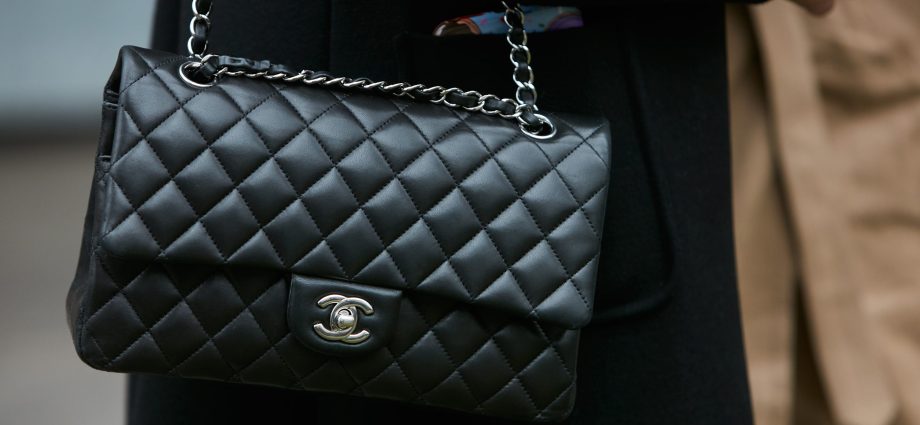אלס קינד האב איך נישט פארשטאנען פארוואס שכנים און עלטערן באהאנדלען אונזער שכן וואס האט געארבעט אין קינדערגארטן מיט גרויס רעספּעקט. ערשט מיט פילע יאָרן שפּעטער האָב איך איינגעזען אַז איר קליין בייטל באַהאַלטן אַ גרויסן סוד...
Her name was Faina Pavlovna. She worked all her life in the same kindergarten. Nanny — in the sixties, when they took my mother there from the nursery. And in the kitchen — in the eighties, when they sent me there. She lived in our building.
If you turn your head from the window to the left, you could see below and obliquely the balcony of her apartment — all seated with marigolds and with the same chair, on which, in good weather, her disabled husband sat for hours. They didn’t have children.
It was rumored that the old man lost his leg in the war, and she, still very young, pulled him out from under the bullets after the explosion
אזו י הא ט ז י זי ך װײטע ר געשלעפ ט װײטע ר א גאנצ ן לעבן , געטרײ ע או ן געטרײ . אָדער פֿון רחמנות אָדער פֿון ליבע. זי האט גערעדט װעגן אים װי מיט א גרויםן אות, מיט כבוד. און זי קיינמאָל דערמאנט דעם נאָמען: "סאַם", "ער".
In kindergarten, I rarely talked to her. I remember only in the younger group of the kindergarten (or in the nursery?) We were put in pairs and led in formation from the wing of the building down to the assembly hall. There was a portrait on the wall. «Who is this?» — the teacher brought each child to him individually. It was necessary to give the correct answer. But for some reason I was embarrassed and fell silent.
Faina Pavlovna came up. She gently stroked my head and suggested: «Grandfather Lenin.» Everyone had a relative like this. By the way, he died at the age of 53. That is, he was as old as Hugh Jackman and Jennifer Aniston are now. But — «grandfather».
די פאַינאַ פּאַוולאָוונאַ האָט מיר אויך אויסגעזען אַלט. אָבער אין פאַקט, זי איז געווען אַ ביסל איבער זעכציק (הייַנט עלטער פון שרון שטיין און מאַדאַנאַ, אגב). אלע האבן דעמאלט אויסגעזען עלטער. אוּן זֵיי זֶענֶען זֵיי גִיזָאגְט צוּ דֶער עֶלְבִּיק.
She was also one of those strong, mature women who never seemed to get sick.
And in any weather every day, clearly according to the schedule, she went to the service. In the same simple cloak and scarf. She moved vigorously, but not fussily. She was very polite. She smiled at her neighbors. Walked briskly. And she was always accompanied by the same small reticule bag.
מיט איר, און אומגעקערט היים פון אַרבעט אין די אָוונט. מיט א סך יארן שפעטער האב איך פארשטאנען פארוואס מיינע עלטערן האבן איר אזוי רעספּעקטירט און פארוואס זי האט אלעמאל געהאט מיט זיך בלויז א קליינעם זעקל.
Working in a kindergarten, next to the kitchen, Faina Pavlovna, even in the era of empty shops, in principle never took food from children. The small handbag was an indicator of her honesty. In memory of the sisters who died of starvation in the war. A symbol of human dignity.










